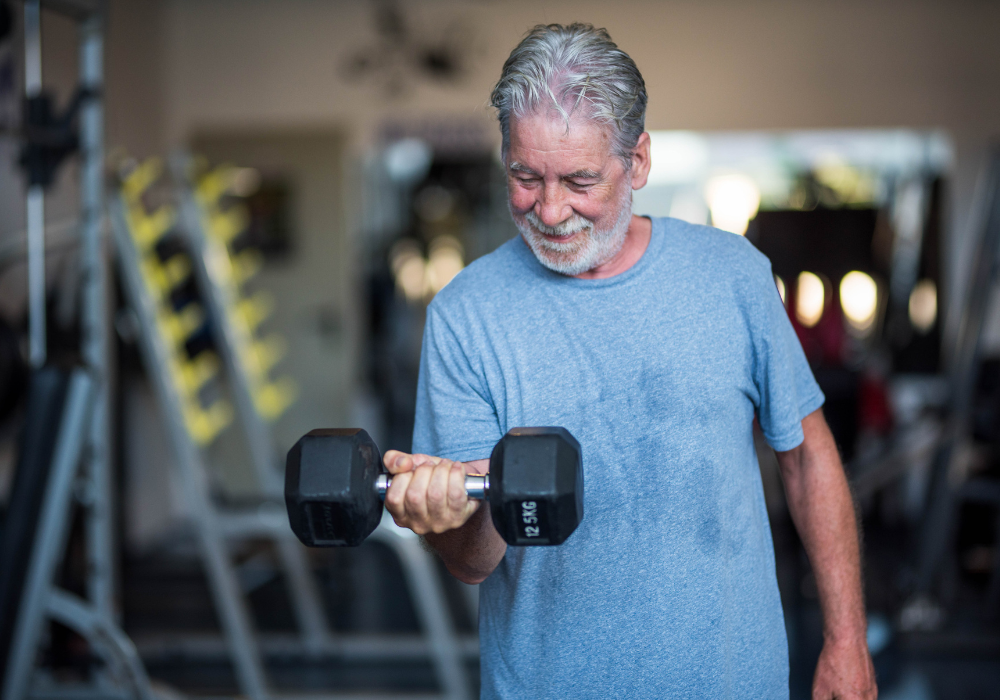Grip strength, often overlooked, holds remarkable benefits that can significantly impact both longevity and daily life.
Recent research has unveiled a strong connection between grip strength and mortality rates in the elderly, shedding light on its crucial role in overall health.
Additionally, the advantages of a strong grip extend to various aspects of daily life, providing stability, independence, and confidence.
Grip Strength Benefits
1. Lifespan Booster: The Grip Strength-Mortality Link
Studies have shown that older adults with weaker grip strength face a higher risk of mortality.
This correlation suggests that maintaining or improving grip strength could potentially extend life expectancy.
Grip strength serves as a reliable indicator of overall health and vitality, highlighting its importance in aging gracefully and maintaining independence.


2. Daily Victories: Grip Strength in Action
In everyday life, grip strength plays a vital role in performing routine tasks with ease and confidence.
From opening jars and carrying groceries to participating in hobbies and recreational activities, a strong grip enhances functionality and reduces the risk of injury.
Additionally, individuals with stronger grips often exhibit greater confidence and independence, enabling them to navigate daily challenges with resilience.

3. Mobility and Independence
A firm grip is essential for maintaining mobility and independence, particularly as individuals age.
Strong hands and wrists facilitate activities such as getting up from chairs, climbing stairs, and maneuvering in various environments.
By improving grip strength, older adults can enhance their ability to perform essential tasks without assistance, preserving their autonomy and quality of life.

4. Mental Well-being
Beyond its physical benefits, grip strength also contributes to mental well-being and emotional resilience.
Engaging in grip-strengthening exercises releases endorphins, neurotransmitters associated with feelings of happiness and relaxation.
Furthermore, mastering new challenges and witnessing progress fosters a sense of accomplishment and boosts self-confidence, promoting overall psychological health.
5. Injury Prevention
A strong grip reduces the risk of injuries by providing stability and support to the hands and wrists.
Whether lifting objects, participating in physical activities, or performing manual labor, individuals with stronger grips are less susceptible to strains, sprains, and accidents.
By enhancing grip strength, individuals can safeguard themselves against common injuries and maintain an active lifestyle.
In summary, grip strength serves as a powerful predictor of longevity and plays a crucial role in daily functionality and well-being.
By recognizing the significance of grip strength and incorporating targeted exercises into daily routines, individuals can unlock its myriad benefits, ensuring a healthier, more vibrant life.
